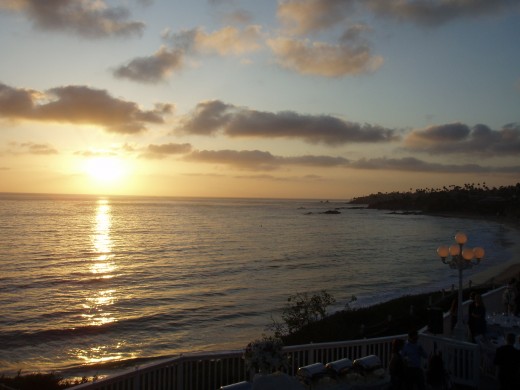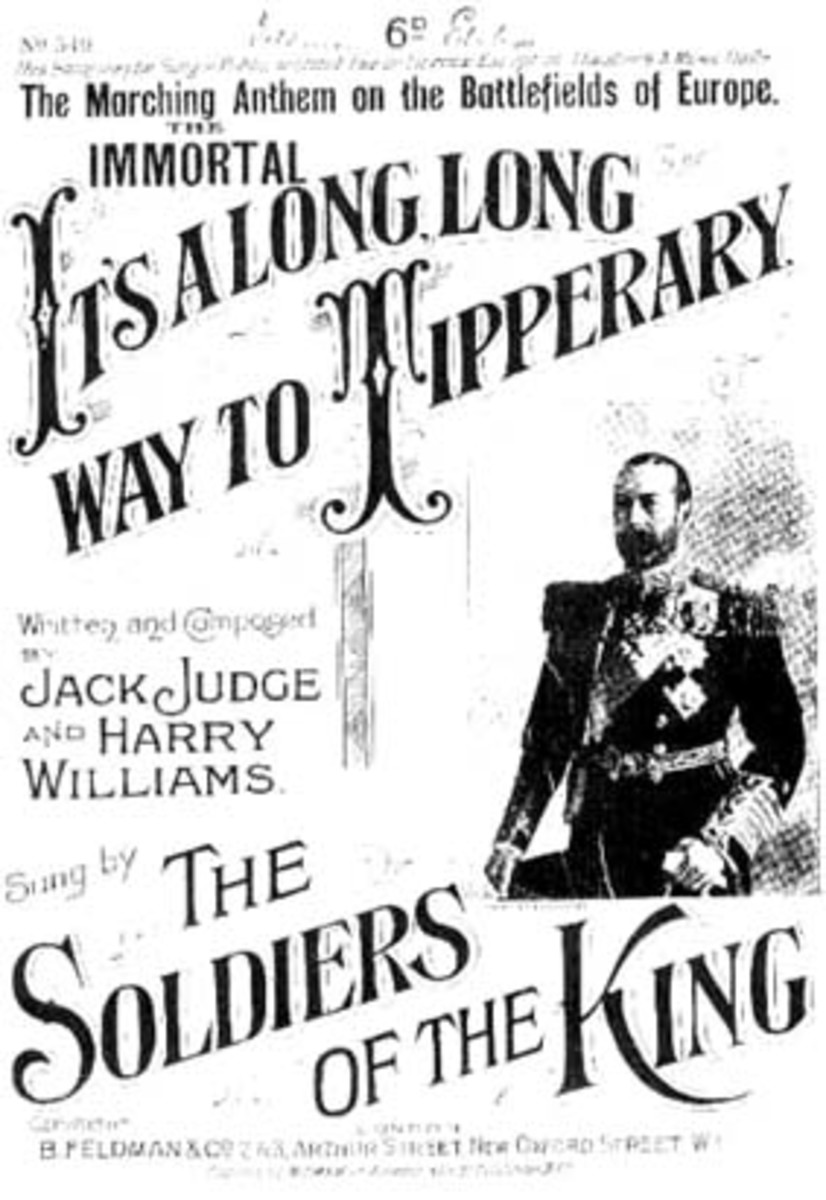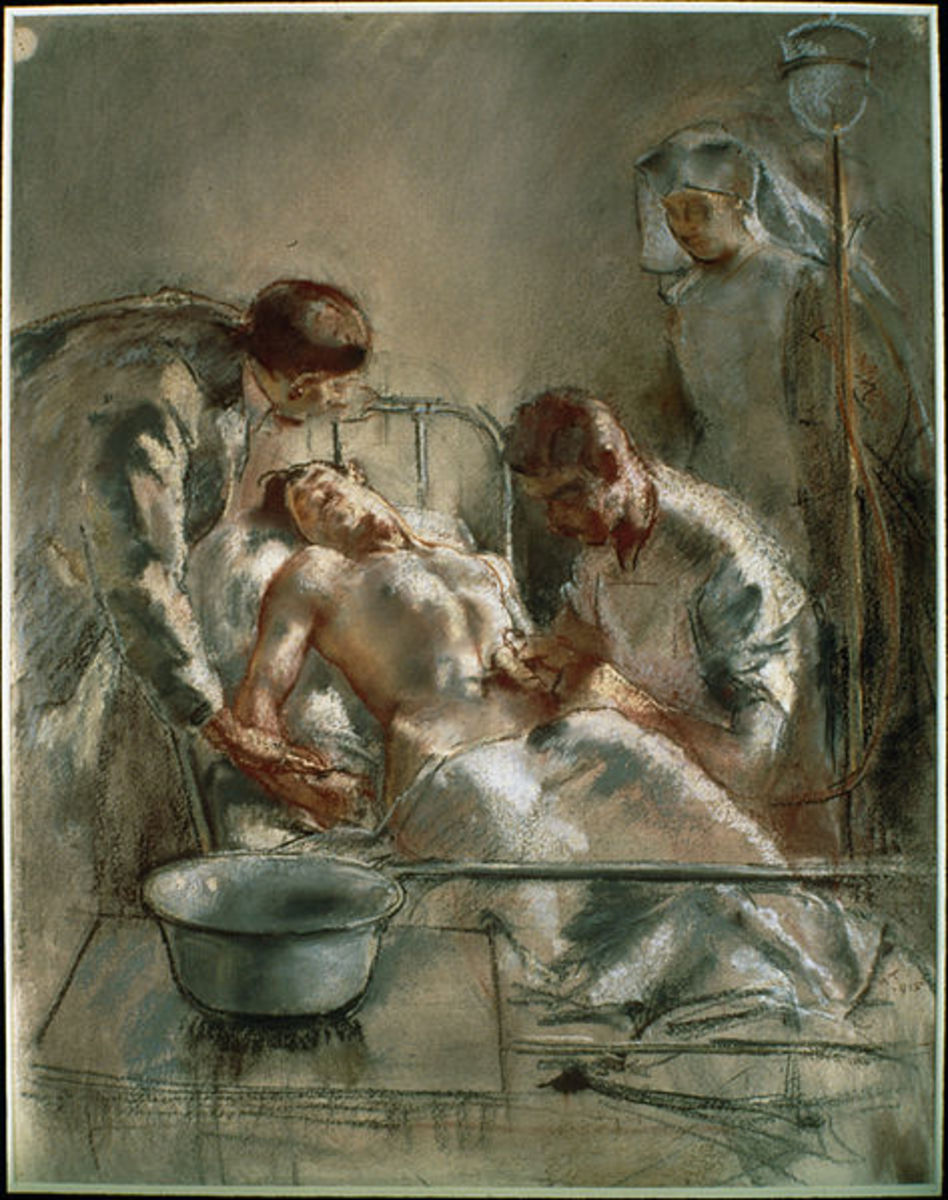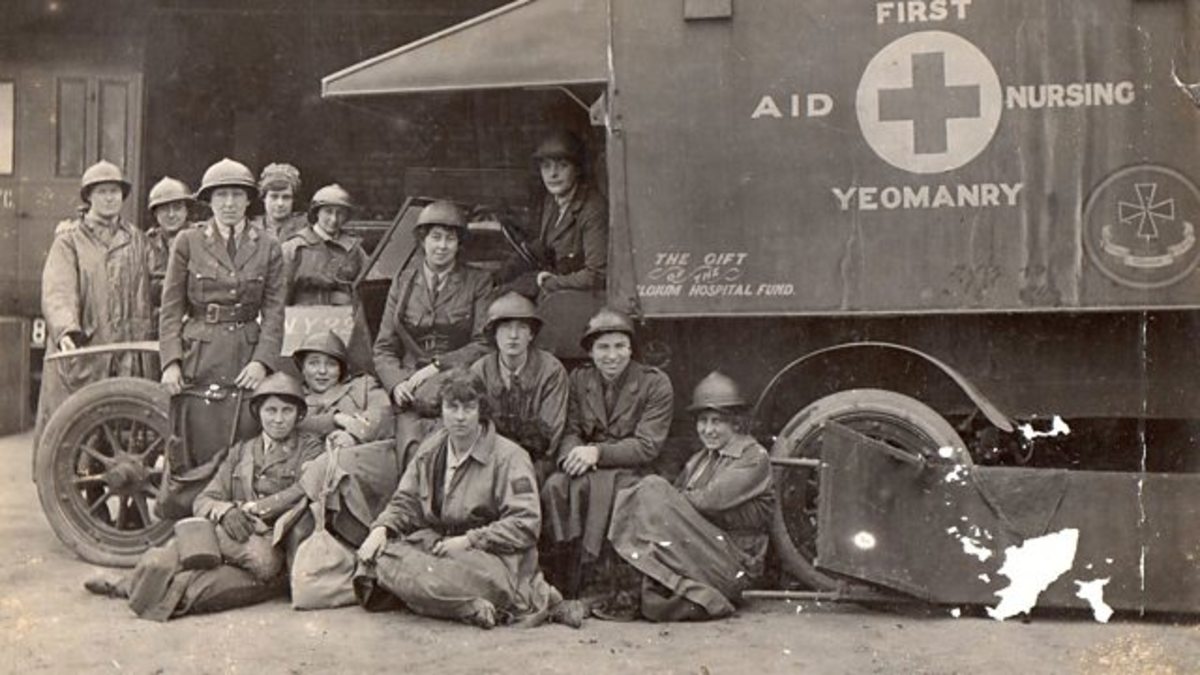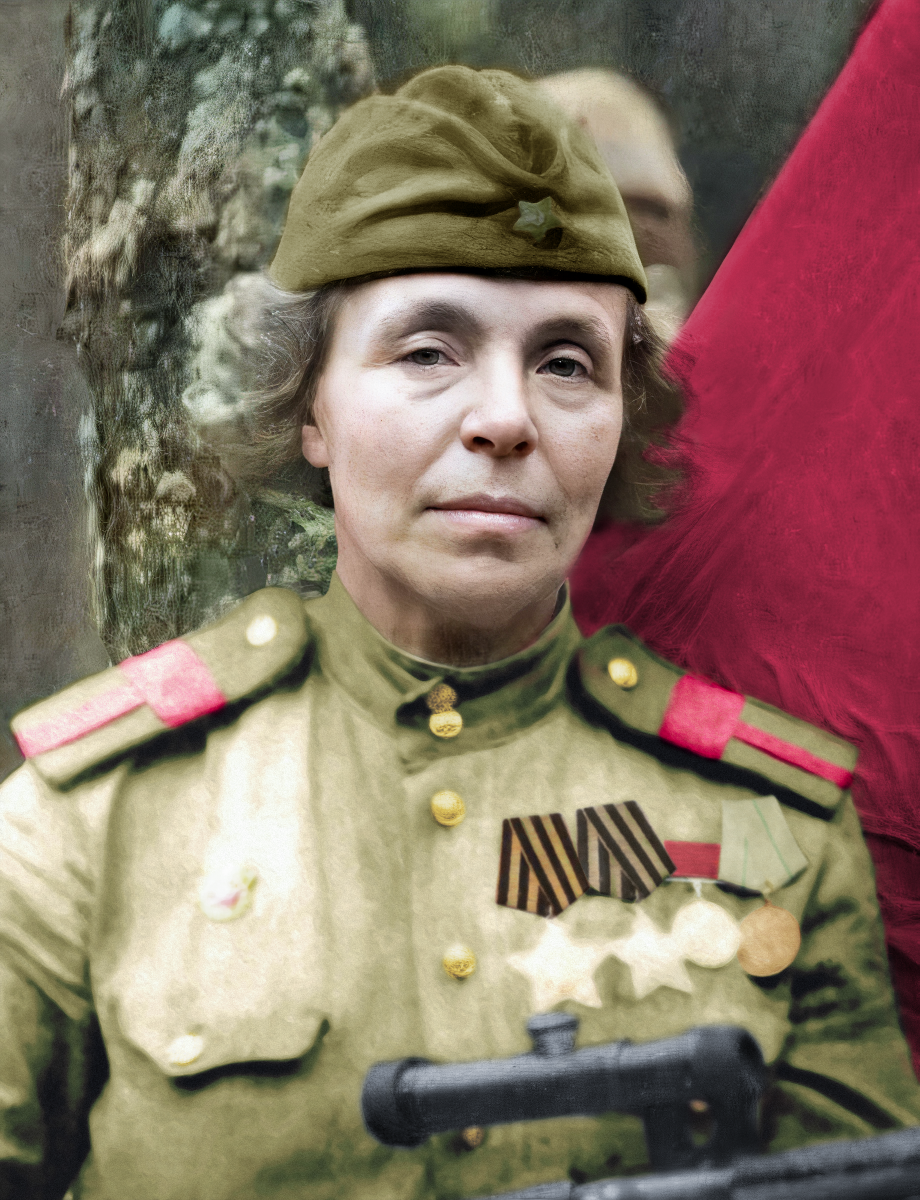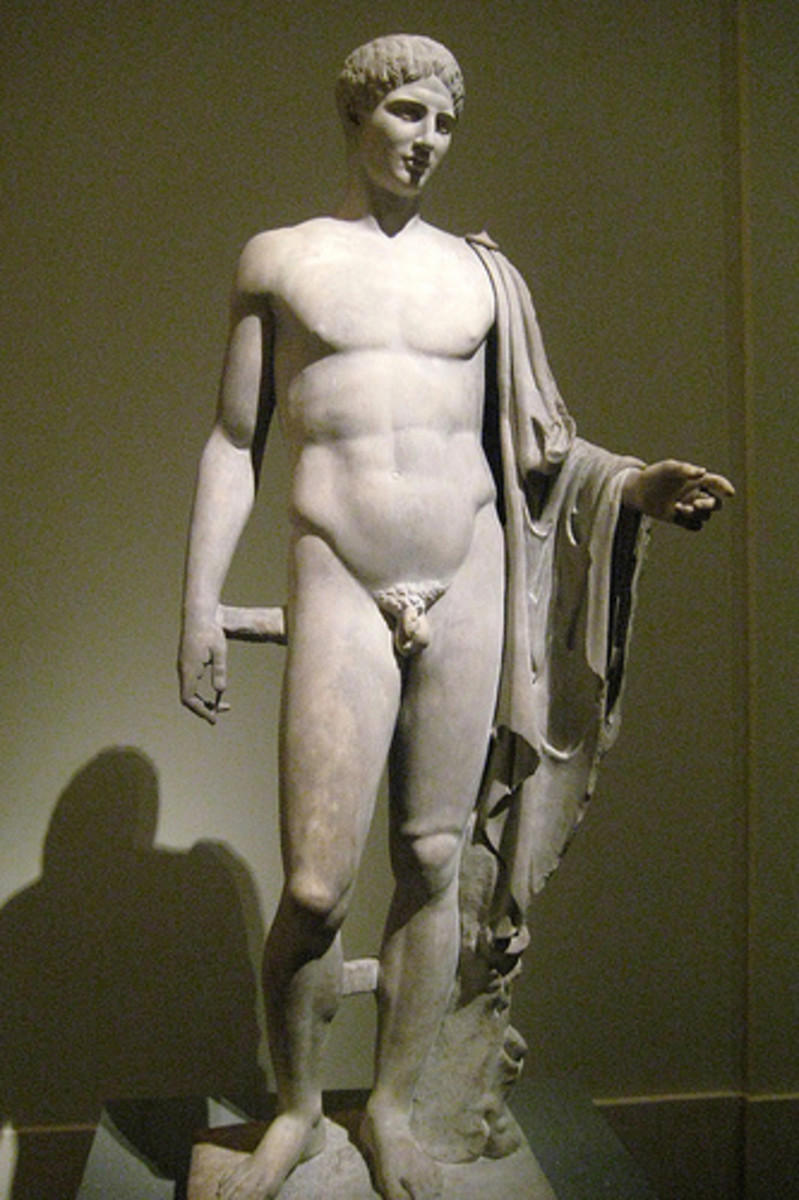WHAT ARE GRANDFATHERS FOR?
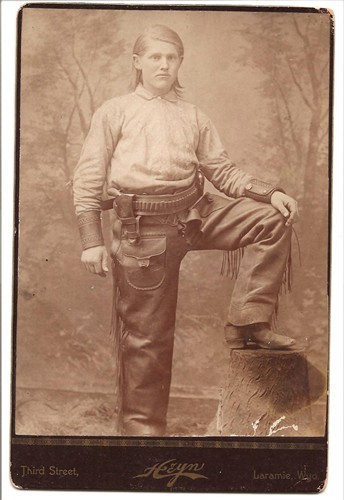
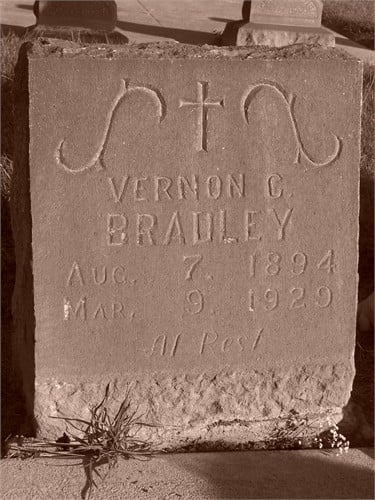
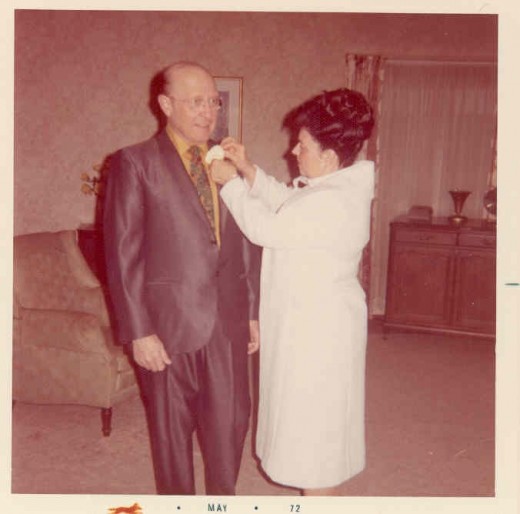
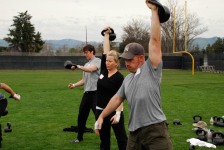
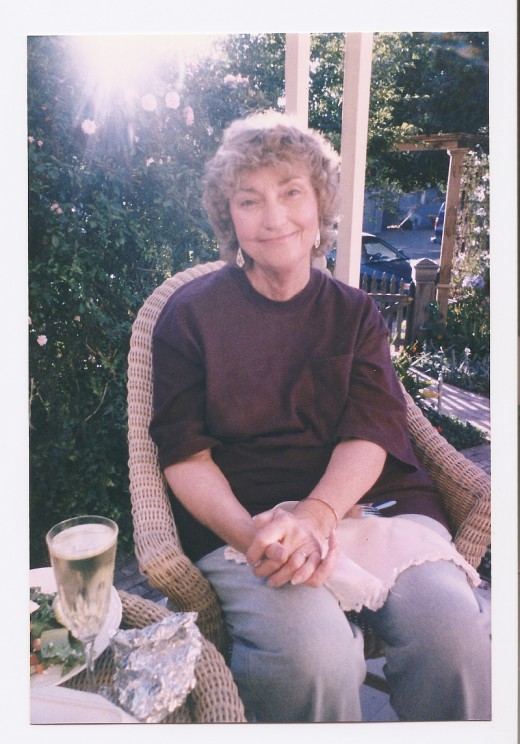
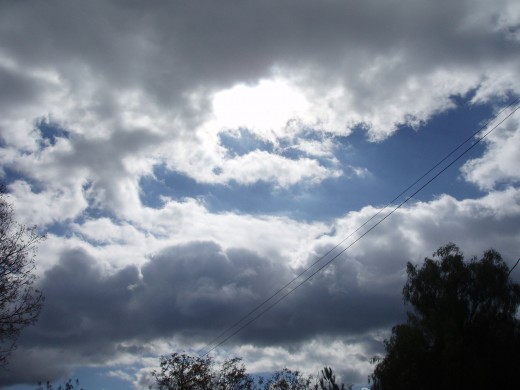
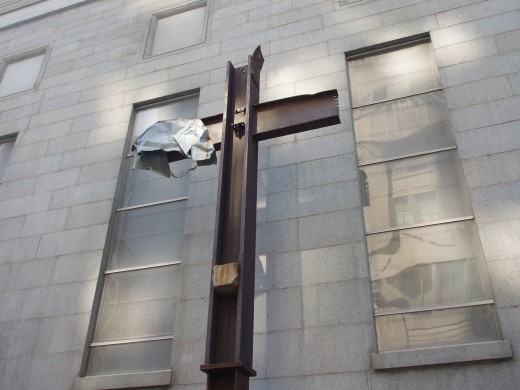

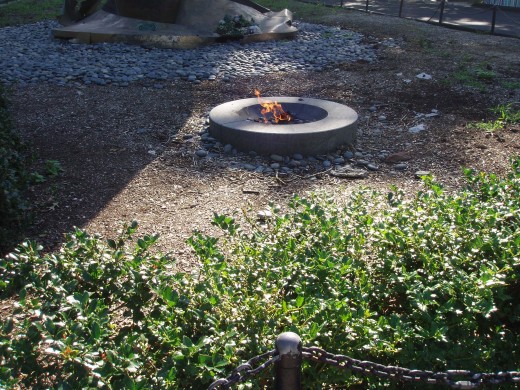
WHERE ARE YOU, GRANDFATHER?
Do you have, at this present moment, a grandfather who is alive? And if the answer is yes, do you know him and does he know you? And then, if you know each other, do you have a connection with each other? And if not, what happened there? And if yes, how would you describe that connection? Is he someone you just absolutely love to be with, love to smell, love to sit on his lap, love to hold his hand, love to venture out into the big ol’ world with? Or is he someone you dread being with because he is a little scary, creepy, overbearing, bossy, gruff, critical, maybe loud, maybe smelling of alcohol, some of the time, all the time?
Sixteen years ago, for about fifteen months, including the nine months in his mother’s womb, I thought I was Spencer’s Grandfather. Yes, I thought. After he "popped out," I had some doubts. But when I held him, I decided that I would be his grandfather no matter whose genes he carried, because after all, he needed and deserved a Grandfather.
Well, when the little guy was about six months old, his physical appearance increased our doubts, and consultation with a genetic specialist confirmed that Spencer’s blood type and my son’s blood type were completely incompatible. BUT I was not deterred in my commitment to him. I mean it wasn’t like there were a group of old men standing on the sidelines waiting for the results. On the "paternal" side of the field, there was "just" me.
Then life changed. Well, DRAMATICALLY changed. "Grandma" was diagnosed with cancer. The diagnosis was followed by a long treacherous "journey" of surgery, radiation, and chemo. And then, what everyone fears the most, the cancer spread.
And during this ordeal, Spencer’s Mom moved away. And "Grandma" Roberta eventually left us as well. Well, she’s still hanging around, believe it or not. We just can’t see her. Sometimes, she leaves us little gifts, and sometimes I can almost hear her whispering everything from encouragement to an ass chewing! I can hear her right this minute saying, "Why do you say such things about me?"
And in those years of walking with Roberta to the end of her life here on earth, my commitment to Spencer kind of dissolved into some kind of a "black hole." About four years ago, I bumped into Spencer’s maternal grandmother who told me that Spencer was growing up and doing well. I have such a "bucket" full of mixed emotions about Spencer, but the bottom line is I feel guilty about my broken commitment.
I’ve been thinking about Spencer today, because it is the anniversary of my paternal Grandfather’s death, March 9. I am his namesake, but he died sixteen years before I was born. I was hoping to give to Spencer, regardless of our legitimacy, the special relationship I had missed and now he will miss.
In the years prior to Spencer’s birth, I had gone to great lengths to get to know my paternal grandfather, and not only know him, but have a connection with him. Yes, even though he was dead and gone, I managed to find him in that "realm" where anyone of us can enter and find our loved ones who have passed on. NO, A OUIJA BOARD IS NOT REQUIRED.
Part of entering that realm for me was writing a fictional short story of actually meeting Grandfather’s ghost. If you’re interested, there is a pdf file on my website for you to download.
http://mysite.verizon.net/vrbmft Click on the LATEST BOOKS page and then look for All Hallows Eve.
I also had some personal items that Grandfather had the day he was killed. Items like his wallet, a leather watch fob, and a pipe. My father was very generous in letting me have these items, and it gave me a very physical way to connect. It is the closest I will ever get, in this life, to actually touching Grandfather.
I also spent the weekend of October 11, 1991, sitting down with Dad, notebook in hand, and asking him question after question about his father. I had the notebook just in case, but for Dad, the notebook became mandatory, and he kept reminding me, "Now write this down!"
Dad told me a lot, more than I bargained for, some of it even more than I wanted to know, but the old saying "What you don’t know WILL hurt you is very true. Yes, some of the tidbits of information filled in missing pieces to the puzzle of who I am as a person and as a male. The details are for another hub, but suffice to say for now, as much as I did not want to hear some of my family’s history, it at least explained our relationship to Osama Ben Ladin, the Italian Mafia, and any number of other "dead elephants!" No, I am not serious. Well serious about the dead elephants. You know, skeletons in the closet or whatever you want to call these tidbits of family history. Hopefully you get the point.
In the process of telling me about his father, he also told me about HIS grandfather, who was not always a particularly kind man. He showed me a very visible scar on his right arm, which I had never been aware of before. The scar was a testimony to his grandfather’s temper. My Dad was sitting on a bunk bed one afternoon when his grandfather told him to get off, for whatever reason. When my Dad did not move fast enough, his grandfather grabbed him and yanked him off the bed, snagging his arm, in the process, on a protruding nail which dug into his Dad’s arm for a good six inches. OUCH! OUCH! My "great" grandfather!
To the right is a picture of my "great" grandfather when he was young. The resemblance to both my grandfather and my Dad and I guess to myself as well, is a little uncanny. But I don’t dress like that!! I don’t have a picture to upload of my namesake, only a picture of his headstone!
For years after that weekend visit with Dad, I carried Grandfather’s watch fob in my pocket. He was a brakeman for the Southern Pacific Railroad, so time was of the essence, as they say. I have lost that watch fob on more occasions than I want to admit, but always found it again, except that at this moment, it is, in fact, missing. If there is any truth to dead people’s energy being left behind in their personal effects, Grandfather has been "burned" into my skin, and I experience his "watchful" eye and caring arm around me even at age 64.
For example, on Christmas Eve of 1995, we had zero funds in our bank account. Roberta was furious with me. I drove up to the post office to see if perchance there were any checks from accounts receivable from my practice, waiting for me in my post office box. And sure enough, there was 1500 dollars in payments. Wow!
When I arrived back home and stepped out of the car, there on the driveway was Grandfather’s watch fob. I hadn’t even realized it had fallen out of my pocket earlier. It was like he was telling me, "I’m ‘watching’ out for you. I’m here, more than you realize."
So grandfathers, dead or alive, are extremely important in our lives.
One very profound experience in my life has been "working" with grandfathers who are either World War II or Viet Nam Veterans. I know, I skipped over the grandfathers who were in the Korean Conflict. Isn’t it interesting that we hear so little about those soldiers? What is that about? A good topic for another blog. But I imagine their life after war is identical to the World War II or Viet Nam Veterans’ experience.
You will see this term "work" used several times throughout this blog. It refers to what clients and I do together in therapy. Yes, therapy is "work." And it can be hard work. And sometimes fun work, but almost always good work.
World War II veterans seem to hold onto a belief, pervasive even in today’s military circles, that only weak or "vulnerable" soldiers are impacted by war. So, consequently, they came back from the war "bottled" up, in more ways than one. There was an unspoken mandate, you know, the code of silence, to "bury that sh–t." They never considered, even for half of a second, to talk about what they had seen or done, let alone consider emptying the dump truck of emotions they drove around for the rest of their lives in a place in the brain that is outside the perimeter of consciousness. That place is the amygdala. HOW OUR BRAIN WORKS
World War II Veterans have been so successful at burying that sh-t that many people today think that World War II did not have the horrific effect on soldiers the way the Viet Nam War and the current Iraq and Afghanistan wars are having on our young men and women. What a cover up! Thanks to PBS,
http://www.pbs.org/thewar/vet_hist_project.htm
we now know that World War II left the same horrific mark on the souls of our soldiers as any other war. War is War.
At the time I "worked" with World War II Veterans, they were in their seventies and eighties. Some of them told me that they still wake up every morning feeling nauseated. About the people they killed! Some told me that they try to confess their "sins" over and over and over again in the confessional, but to no avail. I remember one grandfather sitting in a chair with a blanket wrapped around him. His children and grandchildren encircled him to show him how much they loved him and how much they wanted him to come "home." No, he wasn’t in a hospital ward. Yes, he lived in the family house, but he wasn’t really there. He was still on the battlefield. He hadn’t come home home.
He sat there with his belly swollen, the tears rolling down his face. To this moment, he had never held his children or his grandchildren on his lap. He wanted desperately to reach back to his family, wanted desperately to say good by to the war and go home. But he wasn’t sure he could withstand the awakening. And I don’t know if he ever got home or not.
This rancid history served no purpose for the World War II Veterans, but to keep them distant from all the people they loved and especially their children and grandchildren. I mean what might get triggered if the kid doesn’t sit still on my lap or won’t stop crying? What might happen if someone starts to love me at one of those nauseating moments when I am not feeling very lovable? Will I lose complete control of myself and dissolve into a tsunami of yelling and screaming or worse sobbing? I can’t risk going over the edge. I have such little sanity left as it is!
These brave soldiers instinctively knew, that these deeply buried emotions, buried so deeply that they were outside of normal consciousness, were nevertheless like old ordnances still "armed" and capable of causing lethal explosions.
So the best and safest plan was to stay distant, both physically and emotionally, especially from the little people in their lives. The little people might not survive even the smallest explosion.
So it left many veterans unable to be the men, the husbands, the lovers, the fathers, and the grandfathers they were meant to be. Many of them became ghosts in their own homes.
And you can’t just tell Grandfather that the war is over, that’s it’s okay now. No, those buried "ordnances" have to be carefully unearthed and defused. It requires courage on the part of the soldier to feel all the emotions that are so tightly packed in those buried "ordnances." And what if one of those "ordnances" does explode and kills me? So the journey home, for any soldiers, demands as much courage as going to war in the first place.
Do you remember the beginning scenes of Saving Private Ryan? Why was he walking down that path alone? Why was his family behind him a distance? What inside him said he had to walk it alone? Why was he limping? Not because he was old and arthritic, but because he believed that he had to carry the weight of the war all by himself. How sad! The weight of the war is the responsibility of every single one of us, whether we were there or not. It is not the sole responsibility of Grandfather. But he doesn’t know that.
And then there are the Viet Nam Vets. In Viet Nam, Grandfather learned about a new kind of warfare, guerrilla warfare, and sometimes his job was to liquidate women and children. What do you suppose that experience does for Grandfather when his grandchildren want to sit on his lap or they begin crying? What does that experience do for him when he is on top of his woman or she’s on top of him?
One Viet Nam Vet told me that he didn’t think the war had any impact on his life. He was, in fact, in Nam, but his job was away from the fighting. He was never in combat. His job? Placing dead soldiers into body bags, and one day, one of them was his best friend.
At some point after the war, he got sober, and made a very good living for his family in the medical field. And it came as a shock when his wife up and divorced him after over twenty years of marriage. He had no clue that his family experienced him as an empty shell. He had no awareness of just how emotionally disconnected he was.
The issues facing the combat veteran of our current war are many and to myself, obvious. For example, one day, you’re in the streets of a city in Iraq, watching your back, and the next day you’re back home, walking the aisles of WalMart. God bless the person who taps you on the shoulder to ask you to move your cart!
But what really gets my attention is the reserve soldier. Here’s a guy waiting for a chance to be deployed. Waiting for a chance to be deployed? Are you serious? Yes, he is very serious. He joined the service because he wanted to. He went through his training from A to Z willingly. He successfully made the transition from civilian to soldier. He is pumped, ready to do his job, to kill the enemy. So what does he do with himself in the meantime, especially if he suspects that he may never be deployed, but still must remain in a constant state of readiness. With whom can he share his desire to be deployed? And being in the constant state of vigilance, what does that do for him when his infant is crying or screaming? How does he let himself get really close to the people he loves? It’s easier to have casual relationships rather than intimate ones. And what if he never gets deployed. How does he retire his urgency to be the soldier he has so dutifully trained to be? What will be the impact of all of this when he becomes a grandfather?
And then there are the contemporary warriors, also some day to be Grandfathers. They too are "men of war." Think about it. You know who they are. They work in high risk occupations or occupations where one is surrounded constantly with life and death situations, including financial life or death. They too have a code of silence and also practice burying that sh-t. They too are bottled up, disconnected, cold, distant, detached, and often depressed and even suicidal. Kids pick up on that sh-t and will not want to sit on their laps either. How sad!
AND THEN, there are the rest of us men. We never went to war. We work perhaps an "ordinary" job or perhaps an exciting one, but on the surface, our lives appear to be void of combat. It would be difficult for us to consider ourselves as "men of war." But interestingly enough, our lives don’t look much different from our brothers who did go to war. Our stress level is through the roof. There are constant battles between ourselves and the people we love. Many of us constantly fight the battle of the bulge. Our alcohol intake is interesting to say the least. Our addictions and compulsions keep us on the prowl like Sherlock Holmes. Our hypervigilance and constant worry would make anyone wonder what war are we in.
We started this blog with the question, What Are Grandfathers For? Finally we’re going to look at a story that will give us the answer. BUT when you finish the story, regardless of what kind of "man of war" you are, ask yourself the question, "Can I give what Gramps gave to Randy?" And if not, what will it take for me to heal so I can.
If you’re a woman reading this blog and perhaps also a partner, a lover, a grandmother, or maybe just a friend, ask yourself this question, "Is there a role here for me in assisting this ‘man of war’ to heal and to come back home and be the man, the husband, the lover, the father, and the grandfather he is meant to be?"
Now one last thing. I know I am writing as if there are only men of war. False, right? There are also women of war. So maybe there is someone out there who can write this blog from the service woman’s point of view and how war impacts her being the woman, the wife, the lover, the mother, and the grandmother she is meant to be. Obviously, the woman of war also pays a very high price including her life. I don’t know for sure, but I imagine the woman of war also has the same code of silence and has the same belief that a strong woman can withstand the personal devastation of war, which leads her down the same path of isolation and emotional disconnection. I suppose, because women have a wider corpus callosum and can integrate their emotions and thoughts much better than men, that maybe they have an advantage in withstanding the onslaughts of war. I really don’t know. But I kind of doubt it..
And now, what we have been waiting for, our "feature presentation," the story, What Are Gradnfathers For?
Once upon a time, there was a sixteen year old young man named Randy. Some months prior, Randy had decided to dye his hair purple and pierce one of his ears.
Today is Saturday. Gramps is over, and Dad and Gramps are in the garage tinkering, and Randy is mowing the lawn. When he finishes mowing, he pushes the mower into the garage where Dad begins to rag on him about the lousy job he did. When Randy fights back, Dad gets louder. Finally out of desperation, Randy shouts at his father, "You never listen to me." Dad strikes back again, this time with even more force. "You damned right I don’t listen to you, and I never will listen to you till you get rid of that purple hair and earing."
Gramps puts a calming hand on his Son’s shoulder and then moves toward his Grandson. He puts his arm around him and softly says, "Let’s go for a ride."
And so Gramps and Randy head out. Gramps steers the car to the west. They drive for about an hour, sometimes talking and sometimes in silence. Finally they arrive. There in front of Randy’s eyes stretches the Pacific Ocean. They both get out of the car and walk to the edge of the cliff and just stare at the vastness. The waves a hundred or more feet below break on the rocks and wash the sand on the narrow beach. Gramps finally breaks the silence.
"Today, Randy, I am giving you this entire ocean." He then puts his hand on his shoulder and they both stand there in silence, marveling at the gift Gramps just bestowed upon his Grandson.
And that’s what Grandfathers are for. To give us the ocean.
GRANDFATHER'S GIFT
